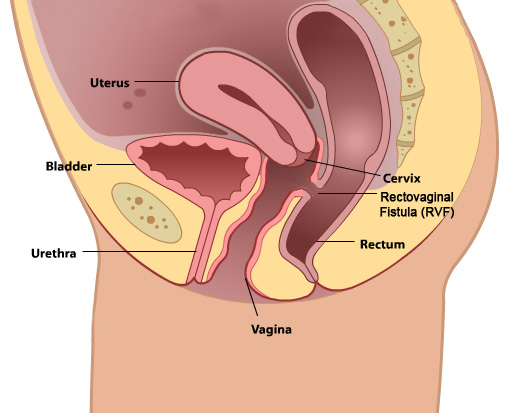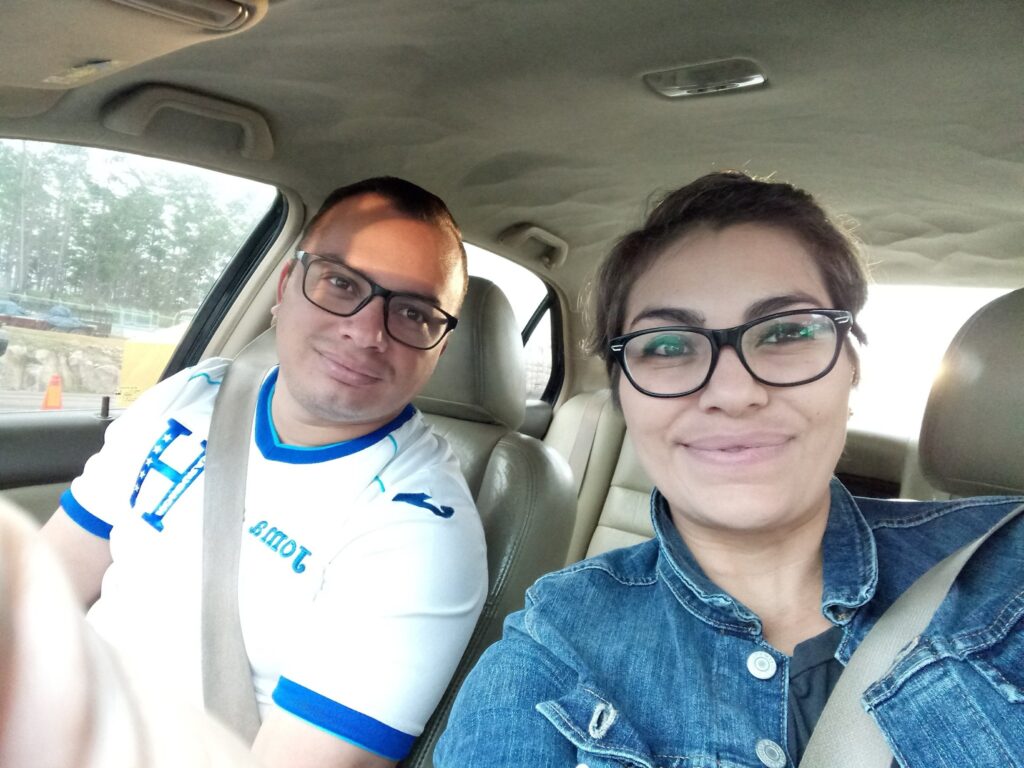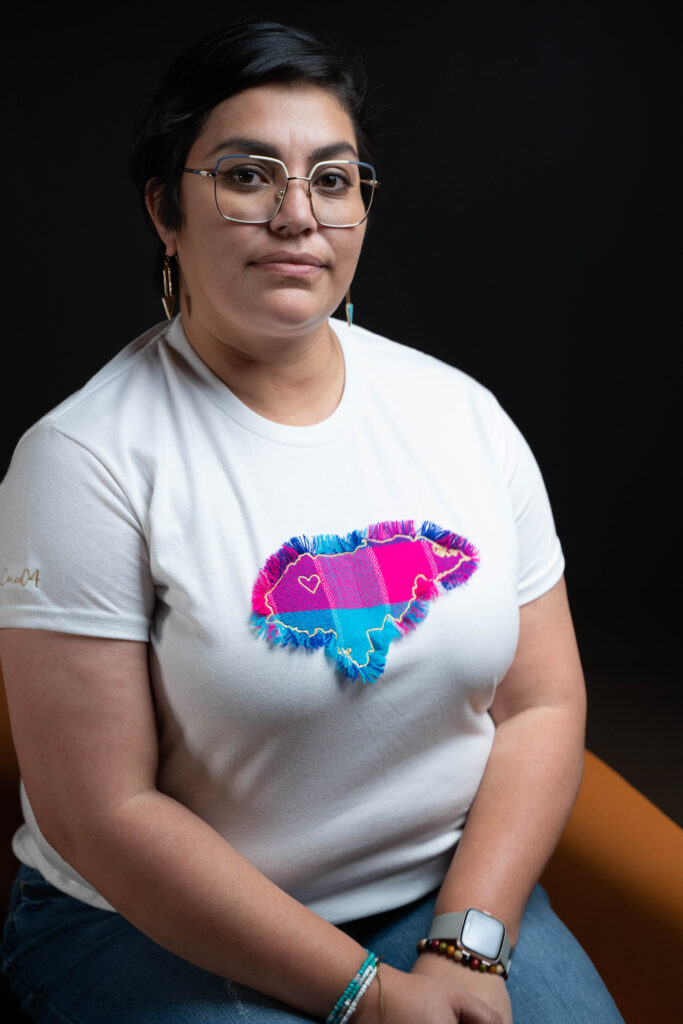After completing my oncology protocol and hysterectomy for my cervical cancer, I developed a rectovaginal fistula. This meant that due to the radiation I received, my colon and vaginal wall merged. I like to think of it as when you burn two plastic sheets together, they become one. At some point, a tear began to form, and it developed into a fistula.
How did I find out about the fistula? I can’t pinpoint the exact moment, but if I look back, I do remember a very sharp pain after I sneezed about four weeks after my hysterectomy. Later that week I noticed a different color in my urine and some pain each time I went to the bathroom. I called my doctor and he said he would like to check it out. By the time I went I was passing small clots, I was unaware if it was due to the surgery or an infection. When the doctor ran his tests, and the pelvic exam being the most painful one, he confirmed that a fistula had been formed. It was about one centimeter in diameter.

A week after my initial exams, I started passing stool through my vagina. That part of it has been the most horrible part of my life after cervical cancer treatment. I was told to wear diapers during this period, but I didn’t want to, so I started using maxi pads. I would be needing to change them at least 4 times a day. Going to the bathroom was painful and uncomfortable. I was battling pain and infections during the next couple of months until all testing was completed to see the course of action my doctors wanted to take. I started carrying an extra pair of jeans and 2-3 pairs of underwear because of the accidents. Doctors told me not to go to work during this time, but I really didn’t want to stay home. I needed to be doing something to take my mind off it. I made a strategy plan; I parked my car next to the nearest bathroom at my construction site. That way it was easier to get to my emergency bag and I had my brother working close by so I would call him up if I had any accidents that might require extra assistance. I also told two of my male coworkers what was going on with me just in case anything went wrong.
The most traumatic moment for me was when they had to perform the colon enema test on me. I remember I was that table being pumped full with barium and then just noticed my legs getting wet. I began crying and told the doctor that I was peeing myself. He said, it’s okay and they can clean it up. But I couldn’t stop crying and then I started to panic. He put his hand on my head and told me to breathe, he said he knows how painful this is but he needs to find out what is going on. When it was over, there were nurses in the room cleaning me up, that’s when I noticed that the bed and the floor were covered in my feces and barium, that came out of my vagina. To this day, it has been the worst experience I have ever had.
I remember changing in the examination room stall crying, feeling embarrassed, and with the desire to hug my brother who was waiting for me. There have been many beautiful things in my life, but that hug, that hug made me feel so safe. The doctor explained the extent of the damaged I had and that my surgeon would recommend getting a colostomy.
I am grateful for my colostomy, it has made my life less complicated.

Living with a tiny fistula, has changed my life, but has not stopped it. I did try Crossfit for two weeks but had to be checked since I started bleeding a bit, which showed that the fistula had become larger. So, now I stick to low impact activities, like walking and stretching. I have little to no infections and luckily I am off Tramadol and Dexketoprofen, which was the protocol I had for pain management.
My fistula is still here. In my last exam the doctor said it was barely detectable. I am still not sure if it will heal, statistics do not support this idea, so we know that my ostomy is becoming permanent. Which I don’t mind.

Karla Chavez is a Cervivor Ambassador, Cervivor Español Co-Lead and a 2022 Cervivor Champion Award recipient. Karla is a civil engineer in her home country of Honduras and she’s an amigurumi enthusiast.